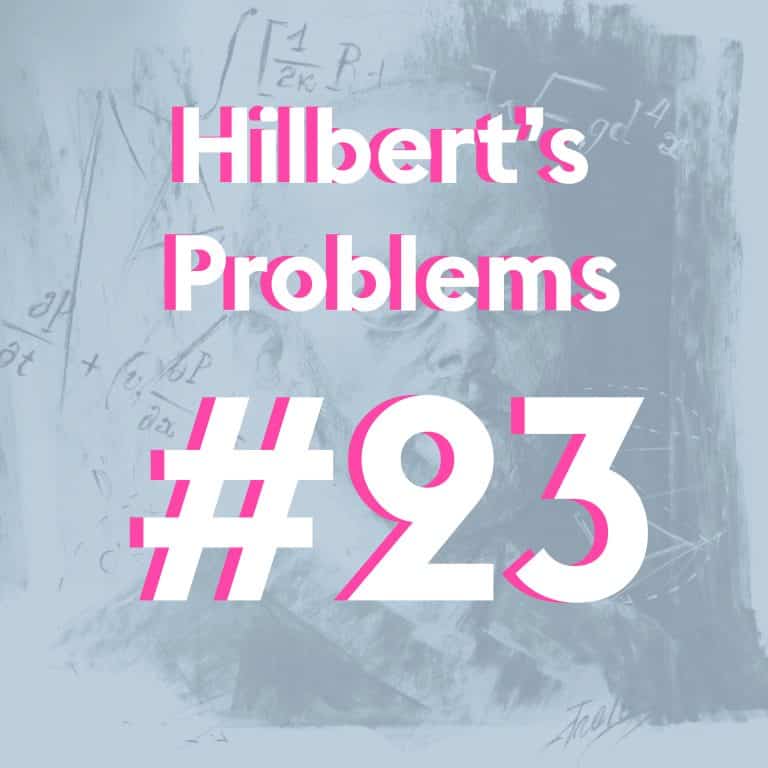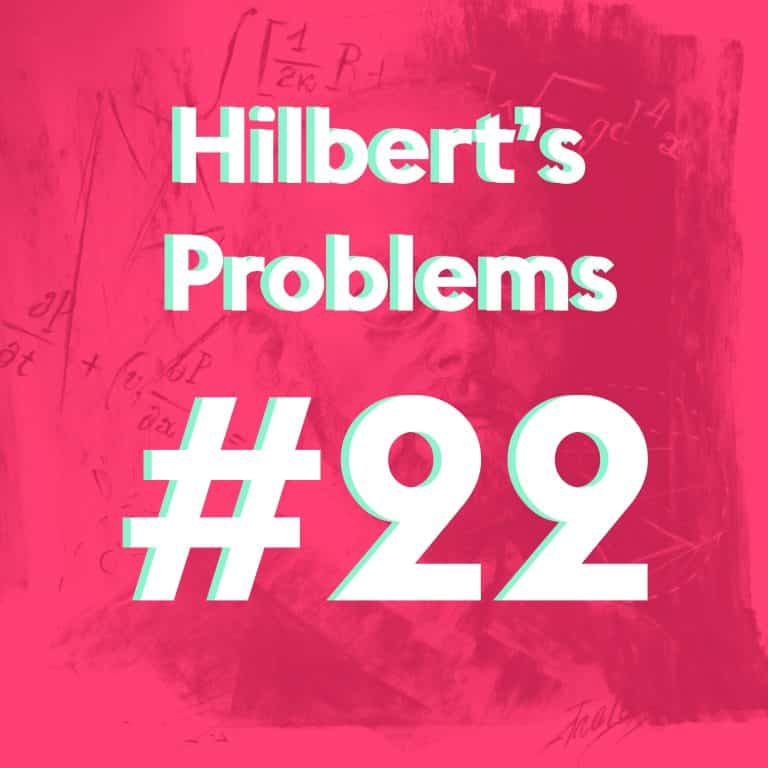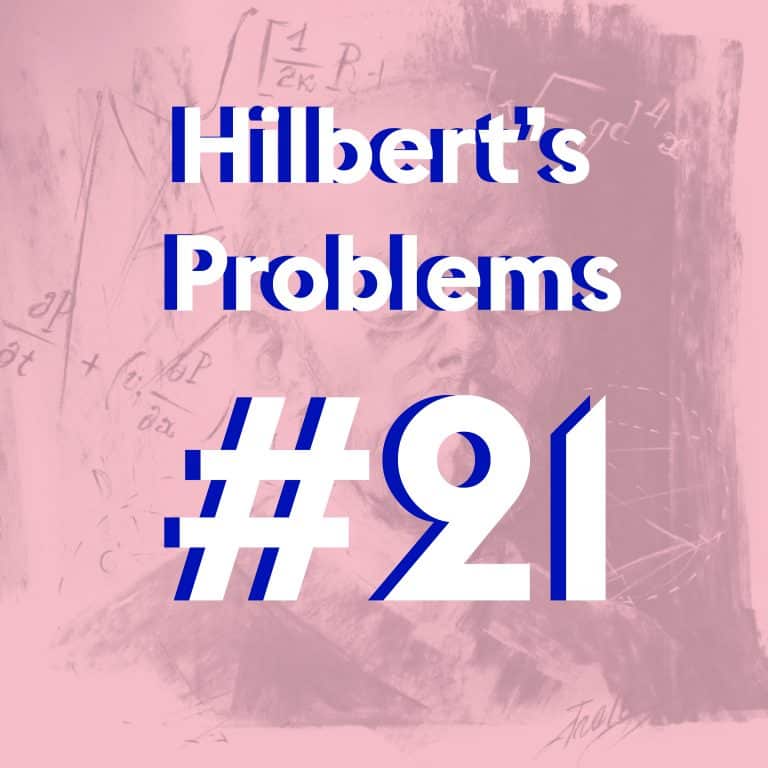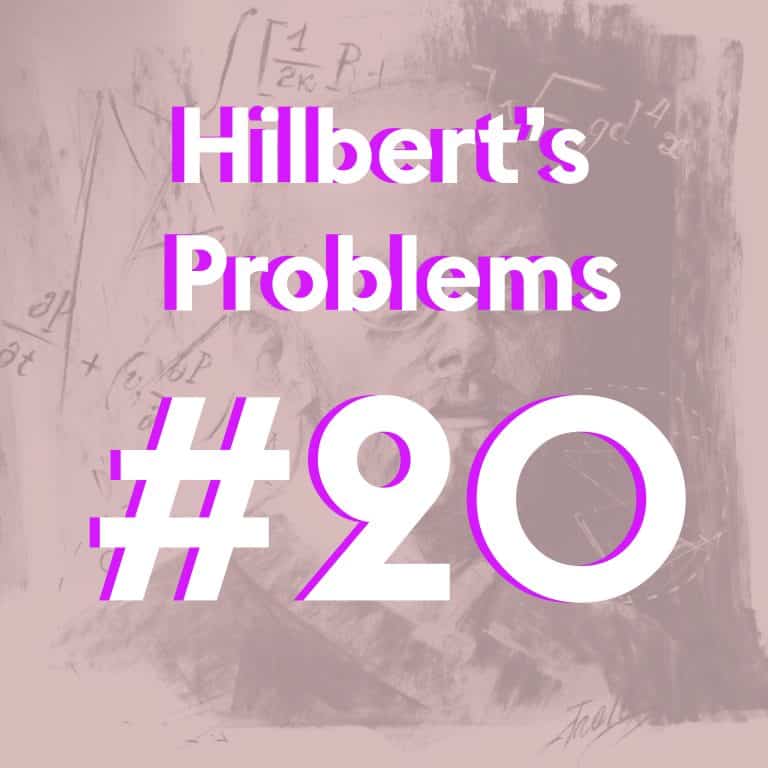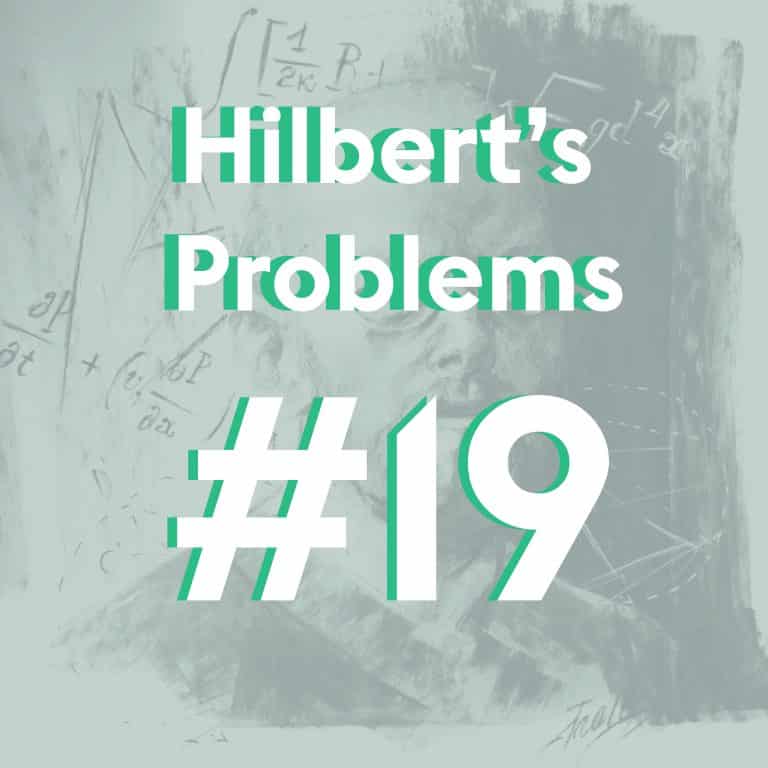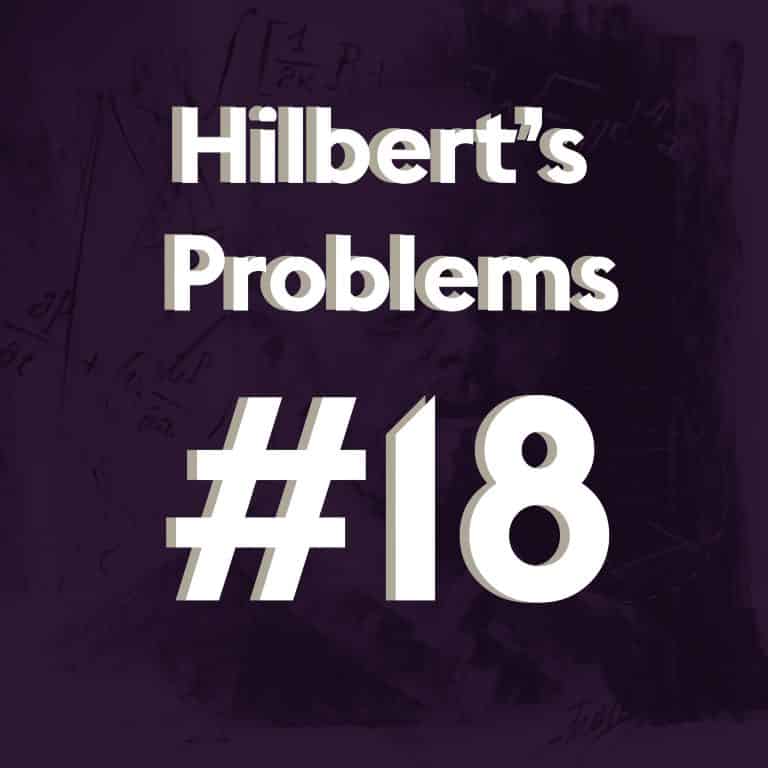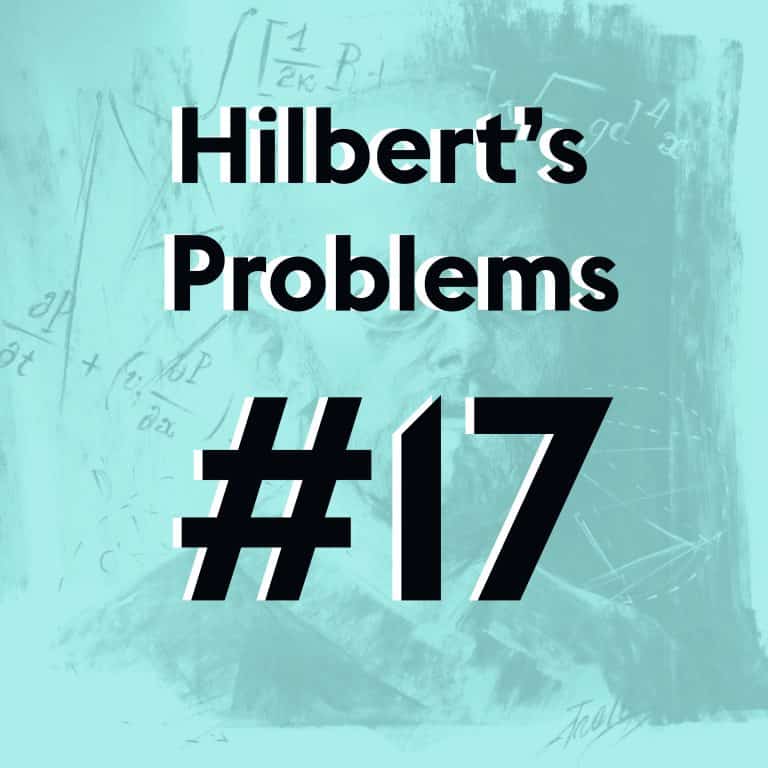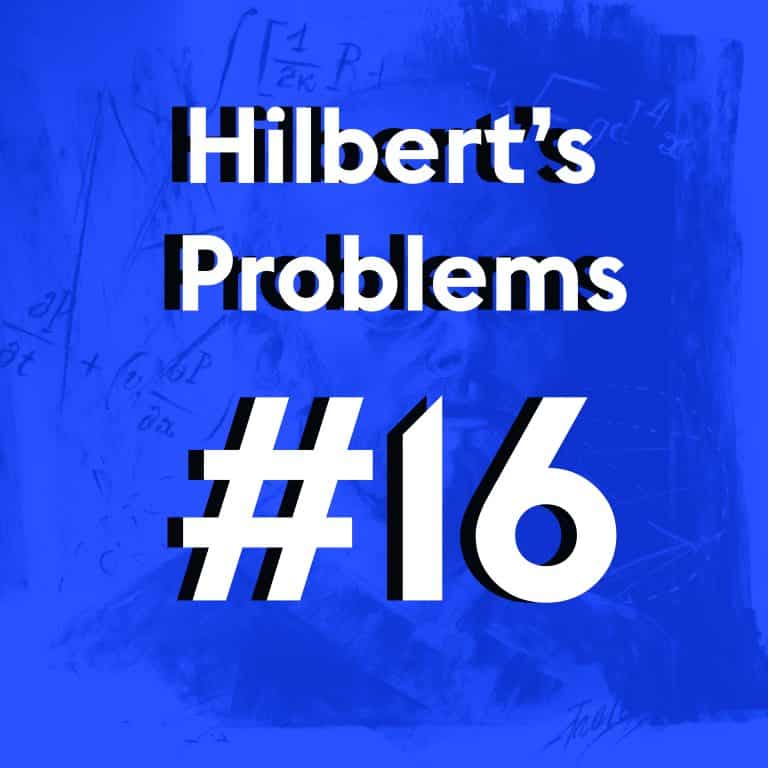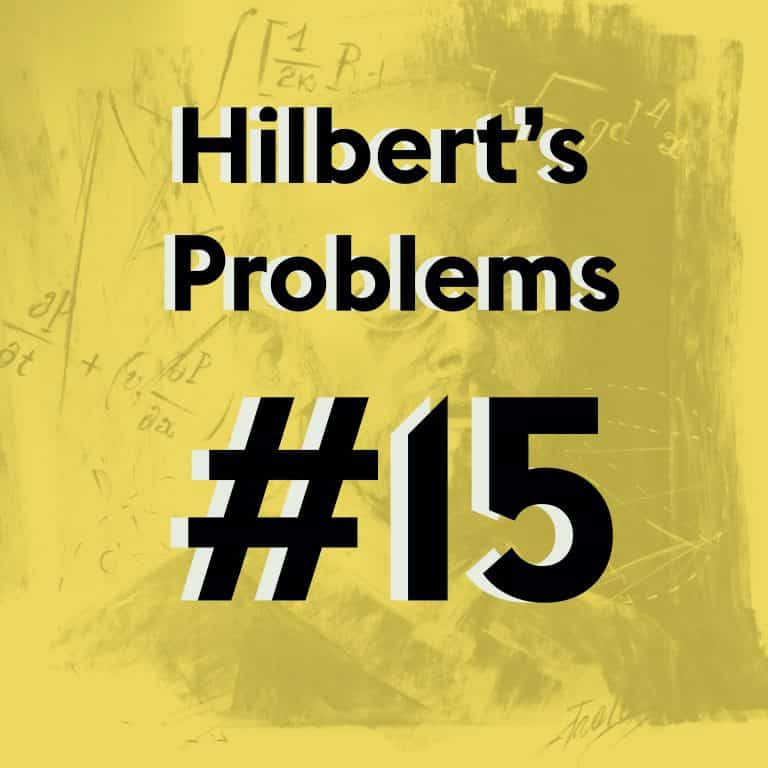Irrationality and Transcendence of Certain Numbers: Is ab transcendental, for algebraic a ≠ 0,1 and irrational algebraic b
A number is called algebraic if it can be the zero of a polynomial with rational coefficients. For example, 2 is a zero of the polynomial x − 2, and √2 is a zero of the polynomial x2 − 2. Algebraic numbers can be either rational or irrational; transcendental numbers like π are irrational numbers that are not algebraic. Hilbert’s seventh problem concerns powers of algebraic numbers. Consider the expression ab, where a is an algebraic number other than 0 or 1 and b is an irrational algebraic number. Must ab be transcendental? In 1934, Aleksandr Gelfond showed that the answer is yes.


